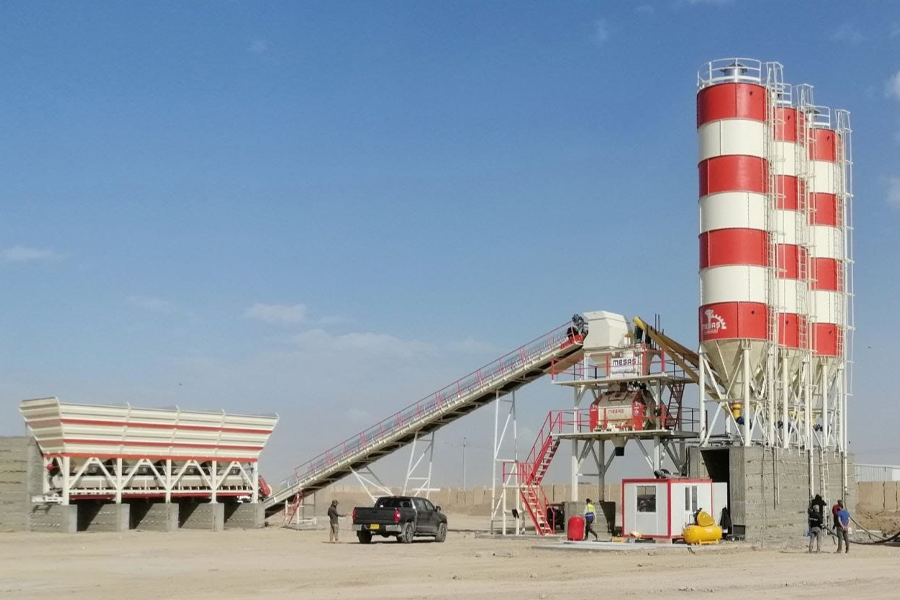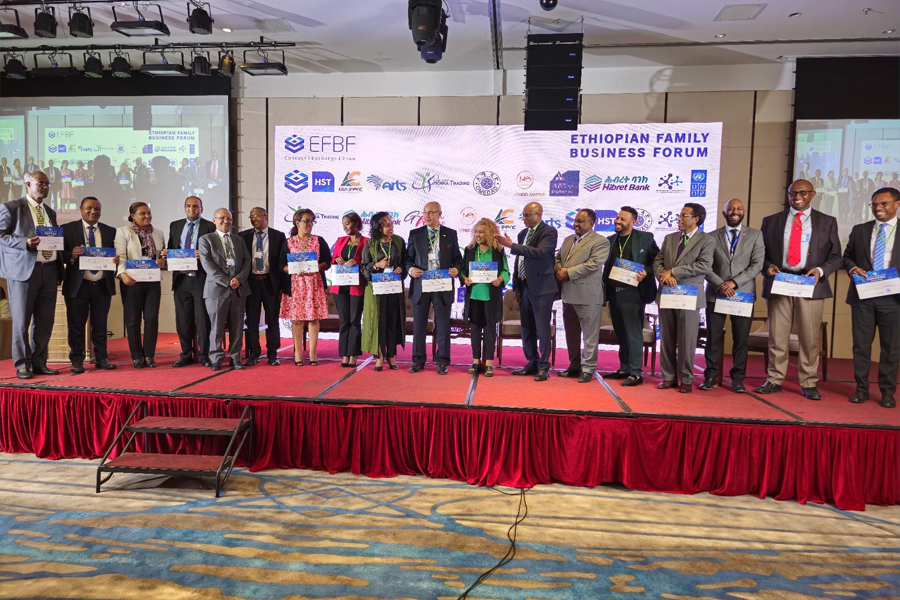
Fortune News | Sep 03,2022
Officials of the Ministry of Trade & Regional Integration (MTRI) have mandated exporters of pulses and oilseeds to match or exceed their purchase prices from the Ethiopian Commodity Exchange (ECX) in their international sales contracts. They warn of administrative sanctions on those who fail to comply with their new rules.
The directive, effective a month ago, seeks to tighten control over the export sector's pricing strategies. The officials target boosting export revenues by curbing the widespread practice of reporting sales of discounted exported items, designed to fund imports. According to industry insiders, selling sesame at 1,850 dollars for a ton, despite a market cost of around 2,500 dollars, is primarily driven by the necessity to acquire foreign exchange solely for imports.
The authorities viewed this practice as threatening the country's export earnings. They tried to enforce compliance through administrative measures for those failing to adhere to the new pricing guidelines.
They pledged to "ensure a fair valuation of commodities on the global market." Their policy requires exporters to match their sales prices with the costs of buying at the ECX. According to Kassahun Goffe, state minister for MTRI, the federal government is concerned over the growing trend of export losses, which prompted it to explore three options before settling on the current approach.
"This will create room for flexibility," said the State Minister.
He believes the strategy has the potential to address the issue without harming the interests of farmers and exporters.
The policy is a departure from previous attempts to regulate the market, including establishing ceiling and floor prices two years ago. This practice was later abandoned due to its adverse impact on farmers. The Ministry also tried to customise forward sales contracts for the fourth quarter of last year but abandoned this approach when it led to sales without securing a reliable supply chain.
"We believed it could have helped in times of commodity shortages," Kassahun said.
The Ministry anticipates reducing "imported inflation" by narrowing the margin between purchase and sale prices. The new measure is designed to enforce compliance with the commercial code, prohibiting the consistent reporting of losses, thereby enhancing export revenues.
"Exporters will have to think deeply before entering into sales contracts," said Kassahun. "The policy intends to encourage prudent business practices among exporters."
Many exporters depend on the Ethiopian Commodity Exchange, now 15 years in operation, to access 23 types of commodities. The Exchange is crucial in the agricultural sector, offering a transparent and efficient market transaction platform. The introduction of the new pricing policy was communicated to buyers three weeks ago. According to Bereket Meseret, a senior advisor at the ECX, the measure enforces existing laws that had been loosely applied in the past, revealing a discrepancy in the export of sesame this year, with inflated purchase prices of 13,000 Br for a ton on the exchange floor not reflected in export sales.
"Tax authorities will find considerable relief," he told Fortune.
The new policy has been met with mixed reactions from the market.
Farmers, such as Gebeya Shiferaw from Humera town, were hopeful of a bumper sesame harvest this year, with the profits covering planting expenses for the upcoming season. Gebeya successfully sold 150qtl on the ECX floor, having managed to cultivate during the initial phase of the year. Engaged in both sesame and cotton cultivation, he earned nearly 2,000 Br a quintal this year. He was confident that the income was substantial enough to sustain his 10-member household until the next harvest season.
Exporters like Bulbula Tale, a major shareholder of Soreti International Trading, who is frustrated over the trend of selling at a loss, are pleased with the new regulation, indicating that the previous trend led his company to suspend export activities for three years. Despite the hurdles, Bulbula re-entered the export sector, relying on it to finance his imports.
Before the Ministry implemented the new regulations, Bulbula was growing exasperated over the inadequacy of export revenue to finance his manufacturing business. With an initial capital of 150,000 Br, Soreti International Trading exported seven million dollars worth of commodities bought from contract farmers and the ECX floor last year.
"It helped us source inputs for three months," he said.
The National Bank of Ethiopia's recent reduction of foreign currency retention rates from 70pc to 50pc in August was another measure taken to increase export revenues. Despite this, the Trade Ministry reported a shortfall of 863 million dollars from its half-year export target of 1.53 billion dollars, revealing the ongoing difficulties in balancing import needs with export earnings. For every 90 dollars imported in 2022, Ethiopia exported a little over 30 dollars.
Members of the 500-strong Ethiopian Pulses, Oil Seeds, Spices Processors & Exporters Association have noted a loss of 32 sales contracts in a forthright manner, following the enforcement of the new rules, claiming a significant impact on trade activities. Edao Ali, president of the Association, advocated for negotiations with international buyers to achieve fair pricing, stressing that forex earned from exports should be managed separately from funds allocated for imports.
Critics of the policy warn of potential loopholes that exporters might exploit to circumvent the regulations.
However, Atlaw Alemu, an economics professor at Addis Abeba University, argued for a balanced approach that does not unduly restrict exporters.
"It's not like the country has enough forex lying around," he told Fortune.
He urged the authorities to improve the quantity of exported goods to secure better prices in international markets, possibly through incentives such as higher retention rates for foreign currency earnings.
Editors' Note: The article was updated from its original form on March 7, 2024.
PUBLISHED ON
Mar 02,2024 [ VOL
24 , NO
1244]

Fortune News | Sep 03,2022

Radar | Nov 03,2024

Fortune News | Dec 04,2022

Agenda | May 31,2025

Fortune News | Aug 18,2024

Advertorials | May 29,2023

Radar | Jul 13,2025

Radar | Sep 02,2023

Radar | Sep 03,2022

Agenda | Sep 22,2024

Dec 22 , 2024 . By TIZITA SHEWAFERAW
Charged with transforming colossal state-owned enterprises into modern and competitiv...

Aug 18 , 2024 . By AKSAH ITALO
Although predictable Yonas Zerihun's job in the ride-hailing service is not immune to...

Jul 28 , 2024 . By TIZITA SHEWAFERAW
Unhabitual, perhaps too many, Samuel Gebreyohannes, 38, used to occasionally enjoy a couple of beers at breakfast. However, he recently swit...

Jul 13 , 2024 . By AKSAH ITALO
Investors who rely on tractors, trucks, and field vehicles for commuting, transporting commodities, and f...

Sep 13 , 2025
At its launch in Nairobi two years ago, the Africa Climate Summit was billed as the f...

Sep 6 , 2025
The dawn of a new year is more than a simple turning of the calendar. It is a moment...

Aug 30 , 2025
For Germans, Otto von Bismarck is first remembered as the architect of a unified nati...

Aug 23 , 2025
Banks have a new obsession. After decades chasing deposits and, more recently, digita...